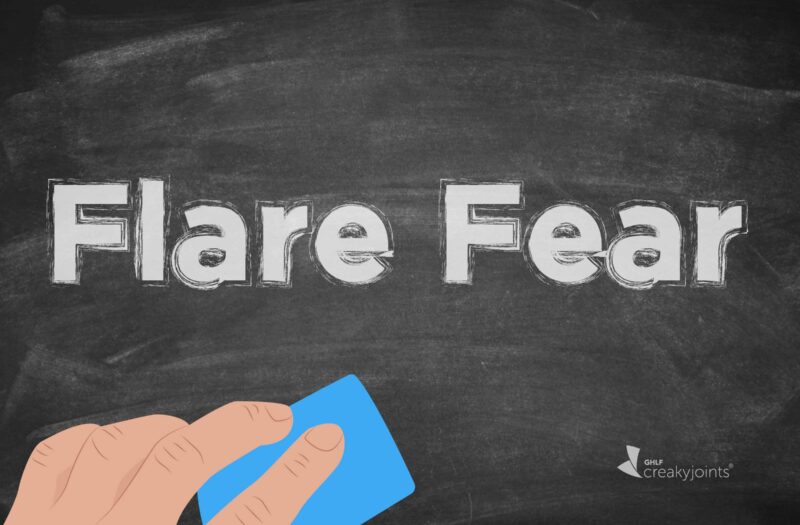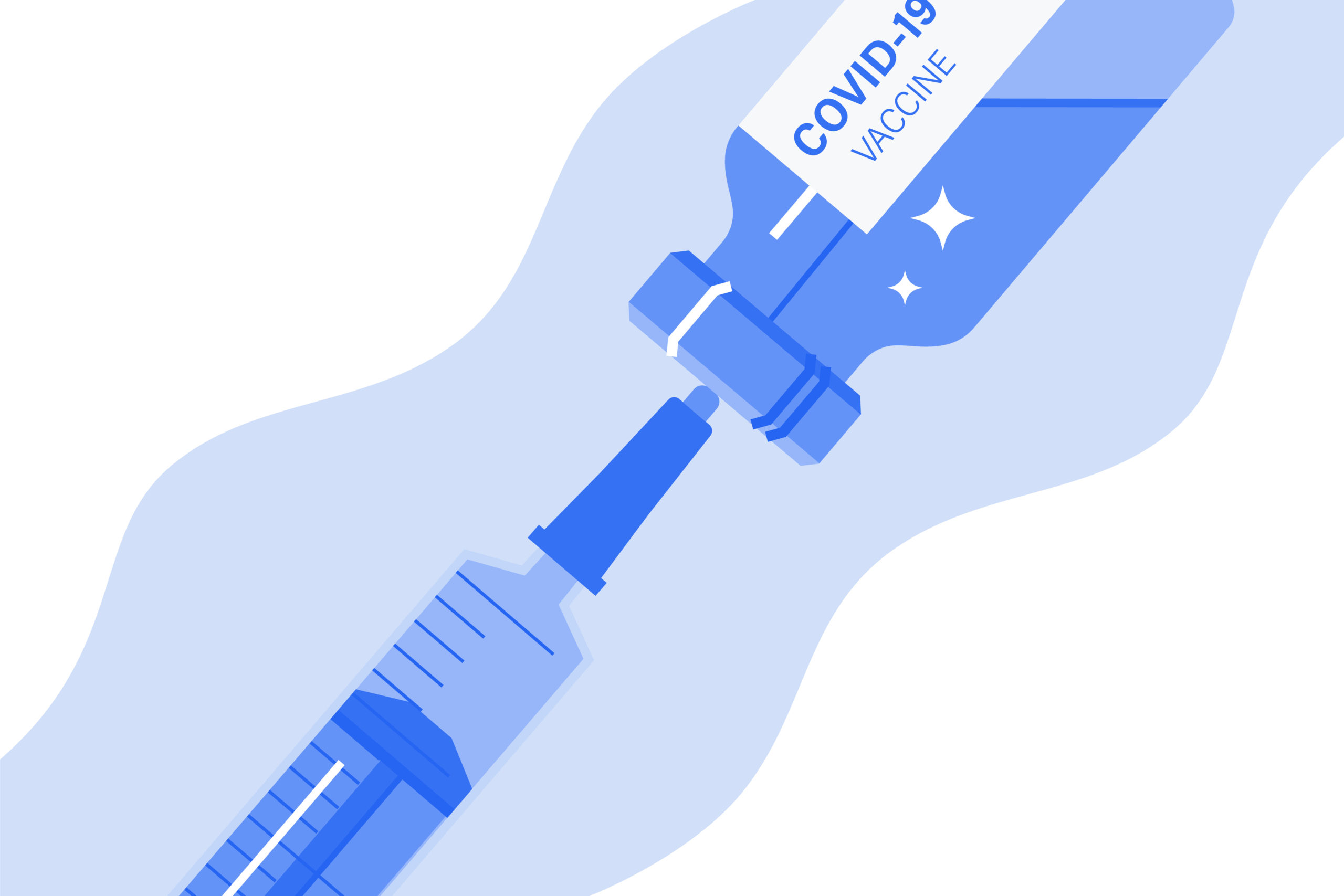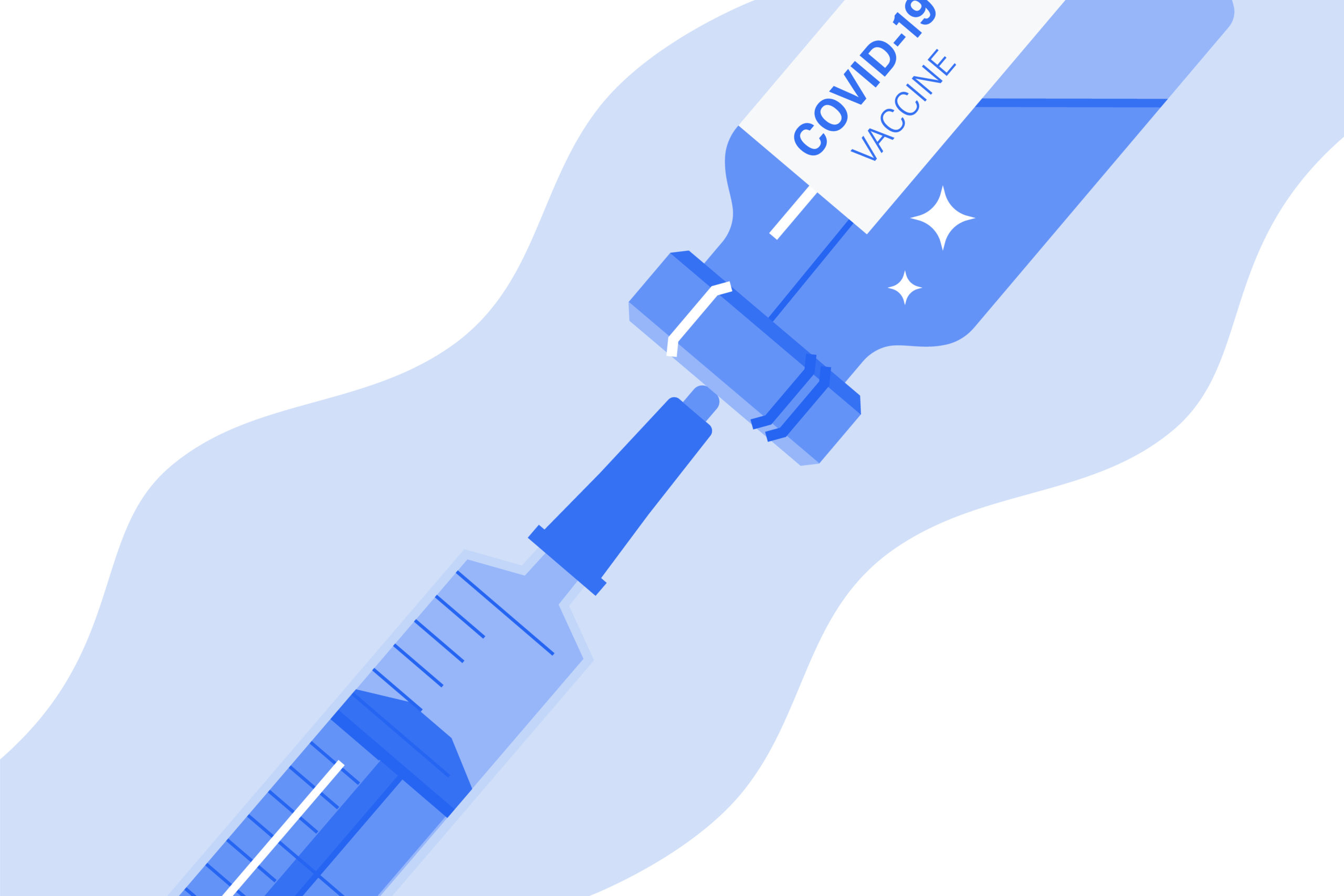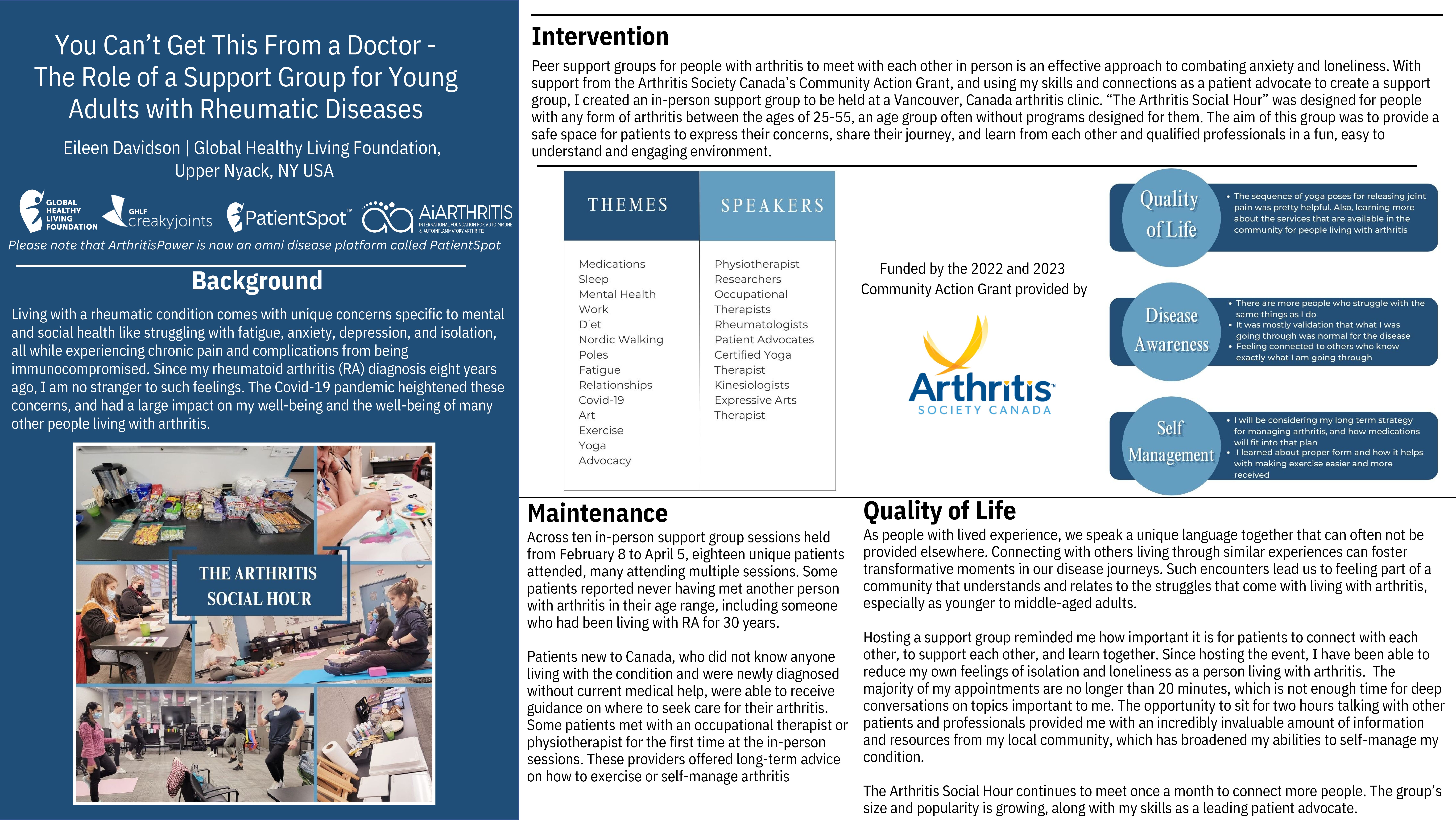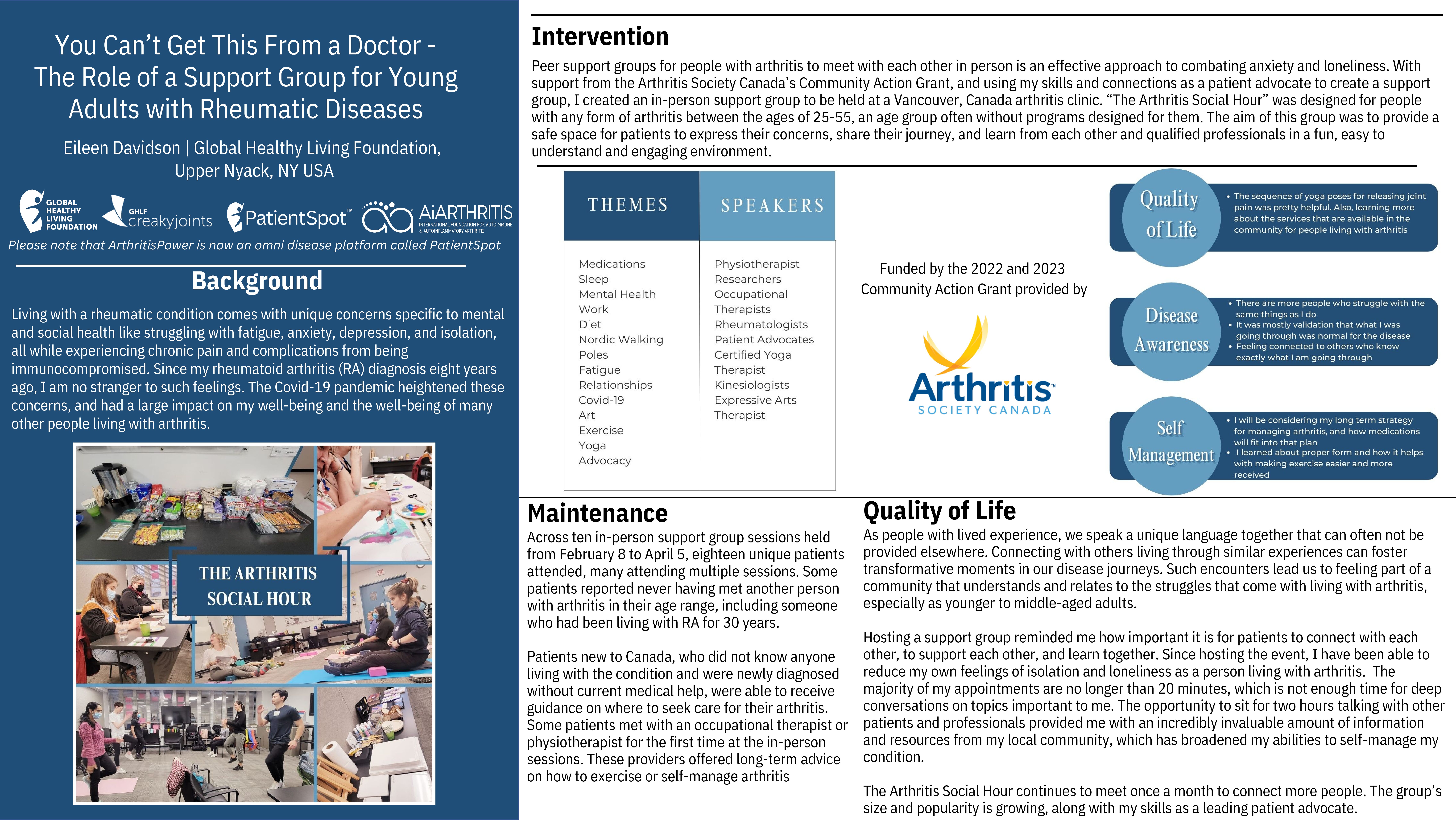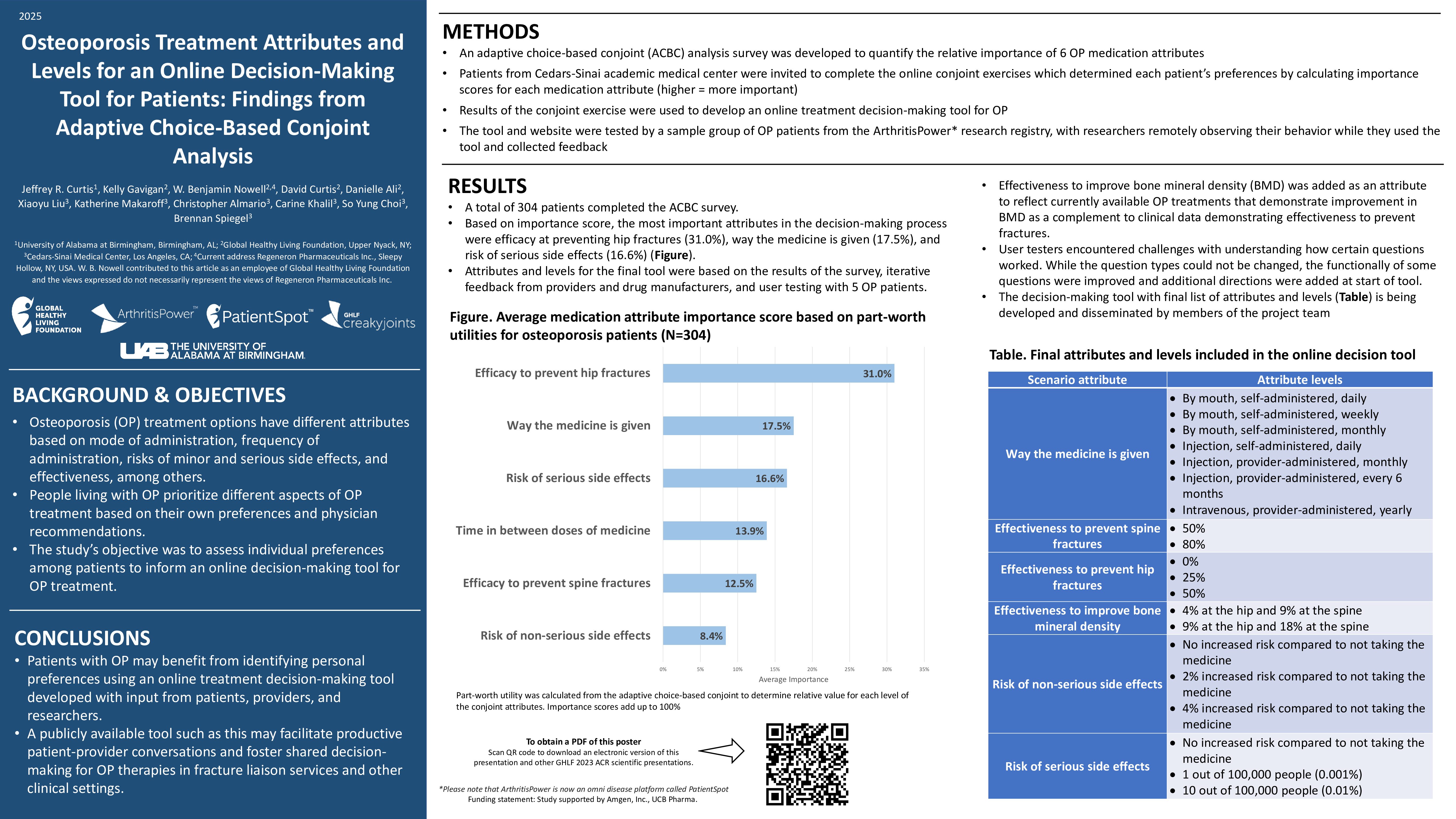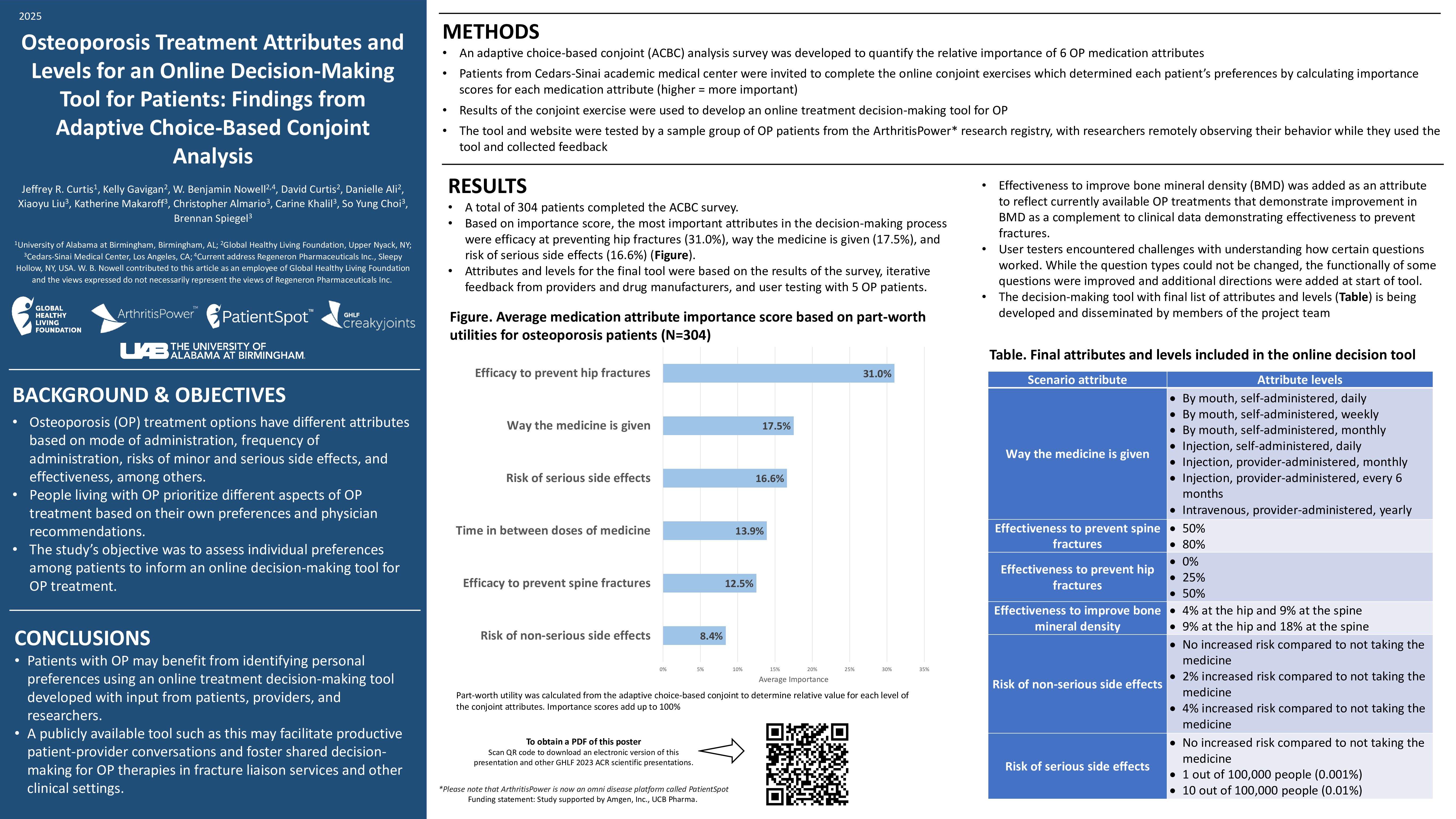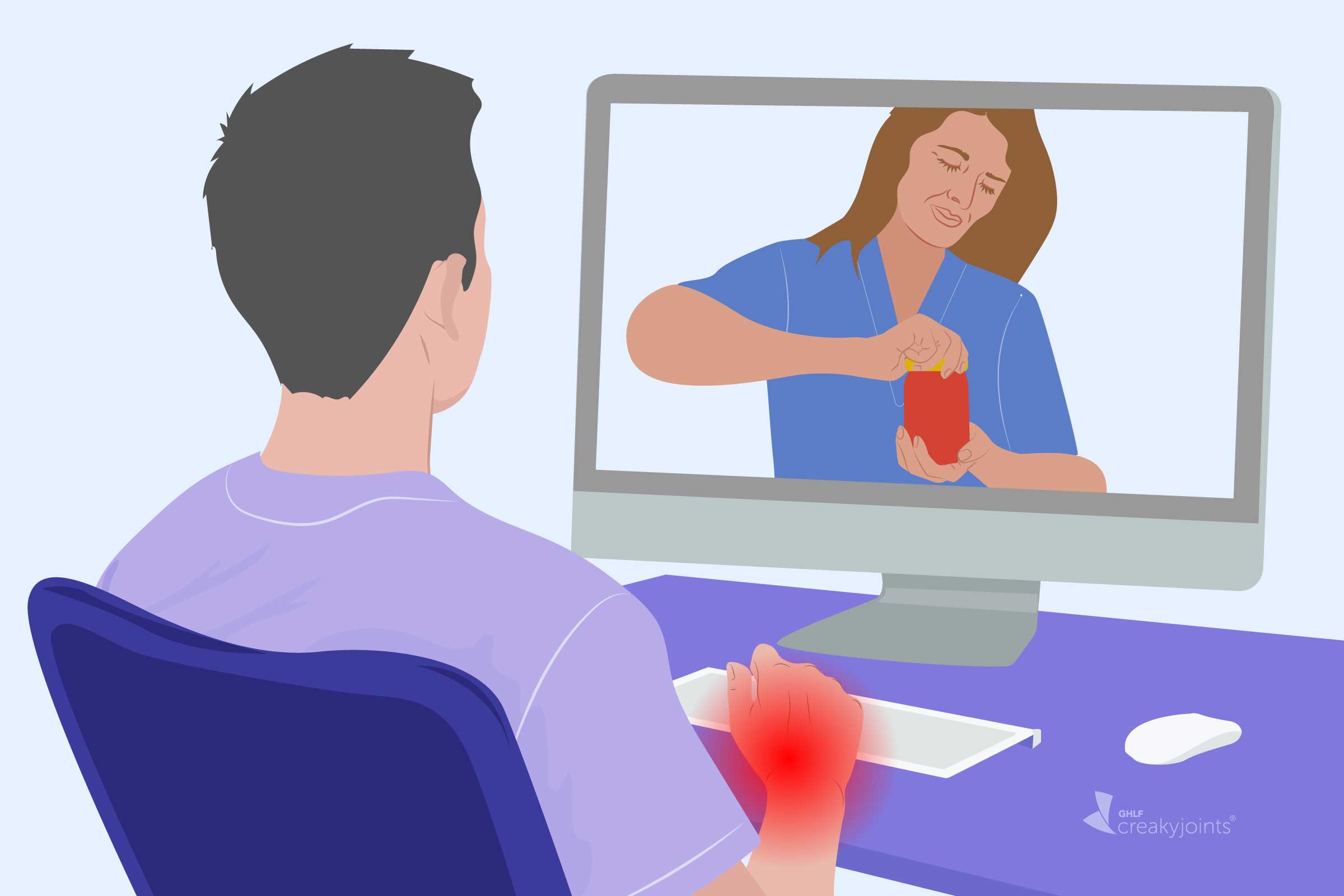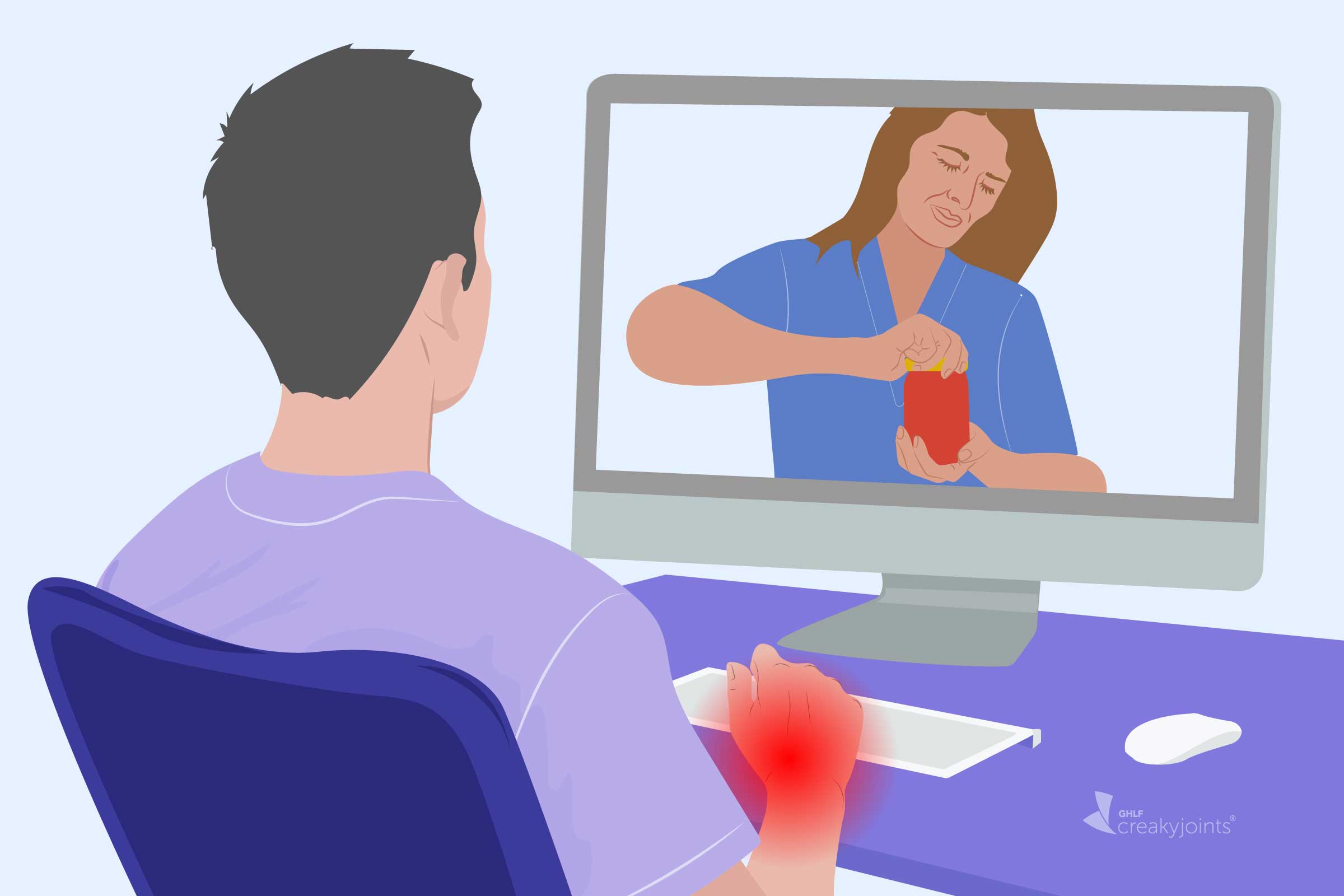Chronic illness, I have learned, doesn’t care if your favorite band is coming to town, you have a work deadline, it’s your kid’s birthday, you have a date or plans with friends. My rheumatoid arthritis (RA) rears its ugly head whenever it damn well pleases.
Not only are my schedule and my chronic illness often not synched in the slightest, but my schedule and daily habits can be what sets off my chronic illness.
Before I had RA I never really worried how my feet would handle shoes as I left the house. I never worried about my purse being too heavy. I only mildly complained about concerts starting too late — I’d never completely avoid them just because they start past 9 p.m.
Staying home is fraught with flare triggers too. Am I sitting too long? How’s my posture? Overdoing the housework? Are our meals fighting or fueling inflammation?
Basically, my rheumatoid arthritis makes these thoughts race through my head constantly, because the simplest of things can trigger discomfort, pain, fatigue, and fear in me.
Fear of what? Fear of having an arthritis flare, an uptick in symptoms that can last days, hours, weeks, or sometimes even months. A bad flare can send me running to doctor appointments and needing various tests. It can trigger depression and anxiety, that in turn, make coping with the flare that much harder. And in some cases, it’s even caused me to change my medication regimen, which comes with its own sets of stresses and unknowns.
Identifying and Understanding ‘Flare Fear’
I define flare fear as a heightened state of anxiety that my disease symptoms will pop out of nowhere. It could come from overdoing physical activity or eating something that triggers inflammation, or from something in my environment, like the wildfire smoke this summer or winter weather in British Columbia.
Even when I feel okay, on track, and happy, there is always this nagging feeling that something is going to happen at any moment to take it all away. Recovering from a flare makes me feel like I need to start from scratch again.
Flare fear sucks the joy from simple pleasures. It makes me question: Can I enjoy this event without a parade of symptoms that will distract me? How much am I going to pay tomorrow for what I am doing today?
How I Cope with Flare Fear
It’s a fine line between living and being imprisoned by flare fear.
Sometimes I admit: I give my RA the finger and live a little. I must. Depression from missing out on life can be as painful as rheumatoid arthritis. But over the years, I’ve learned that making some changes to my daily routine helps reduce the chances of my having a flare, which in turn reduces my anxiety about having one.
I move at an arthritic speed
If I rush through things, I’m just going to end up clumsy or using too much energy. I go slow and take frequent rests.
I ask for help
If I know a task will cause me some discomfort during or later, I ask someone I can rely on for help. Or if I really need to, I will hire help.
I make things as easy as possible to save up energy
If there’s an event I really want to go to, say, I’ll order in food that day so I don’t have to cook, or cancel other non-essential plans.
I plan and ahead and carefully know what I am getting into
I ask around or do as much Googling as I can before I go somewhere new to me so I can gauge how much energy it will require. For example, I love to go hiking but I always check out photos and make sure I know the difficulty (length, steepness, etc.) ahead of time.
I track my health to better understand my limits
A Fitbit fitness tracker and an app from Arthritis Research Canada designed to track rheumatoid arthritis symptoms (similar to ArthritisPower) helped me understand patterns in my symptoms and how they affect my limits. I now have proof that the week before my biologic infusion my pain increases, and I slow down a lot. Same goes for getting my period or after a stressful event.
Understanding my health like this has helped me plan better and ease some of the anxieties around triggering flares.
I exercise regularly so I can handle more
Whenever I fall off my exercise routine for whatever reason I always notice it takes a toll on my health and function. My body aches more, my sleep gets disturbed, my fatigue increases, and my mood takes a dive. Not exercising causes stress, which makes me feel worse. It’s a vicious cycle.
I try to have different types/levels of exercise for different days so I can do a gentle workout on days when I don’t feel as well. This is better than doing nothing at all, and helps stop the downward spiral.
I avoid trigger foods so I don’t cause a flare up or GI distress
This isn’t the case for everyone, but for me, what I eat has a direct impact on my RA symptoms. Junk food leaves me feeling sluggish, with stomach upset and increased overall pain. I do indulge in occasional sweets and treats — but sparingly, and only when I feel like it’s really worth it.
I plan my activities around my medications
I make sure I take my daily medications before I do something that may cause heightened pain. If I forget, I feel it. Different medications may have a different ideal window (some may be better in the morning, some at night, etc.) so ask your doctor or pharmacist if you’re not sure.
I stick with people who make me comfortable
Not everyone is supportive when you aren’t feeling well. I avoid those who are toxic for me —people who make me feel like I’m a drag to be around, rather than show understanding of what I am going through. Social and relationship stress can be a huge trigger for unpleasant symptoms.
I take care of my emotional well-being
When I am struggling with my mental health, I’m that much less capable of preventing or managing flares. I use a combination of self-care and therapy from a health care professional. Some of the techniques we use include cognitive behavioral therapy, which helps me reframe negative thoughts into more positive ones, and acceptance and commitment therapy, which helps me take action while acknowledging that everything I’m feeling is real and valid. When I feel that is not enough, I ask about medications to help me cope better with my emotions.
I listen to your body and know my limits
If I have an early inkling that I’m not feeling well, I pay attention. I ask myself: Is this worth the potential days or weeks of a flare?
Only you can decide what your limits are. It’s okay to say no.
Be a More Proactive Patient with ArthritisPower
Join CreakyJoints’ patient-centered research registry to track your symptoms, disease activity, and medications — and share with your doctor. Learn more and sign up here.


